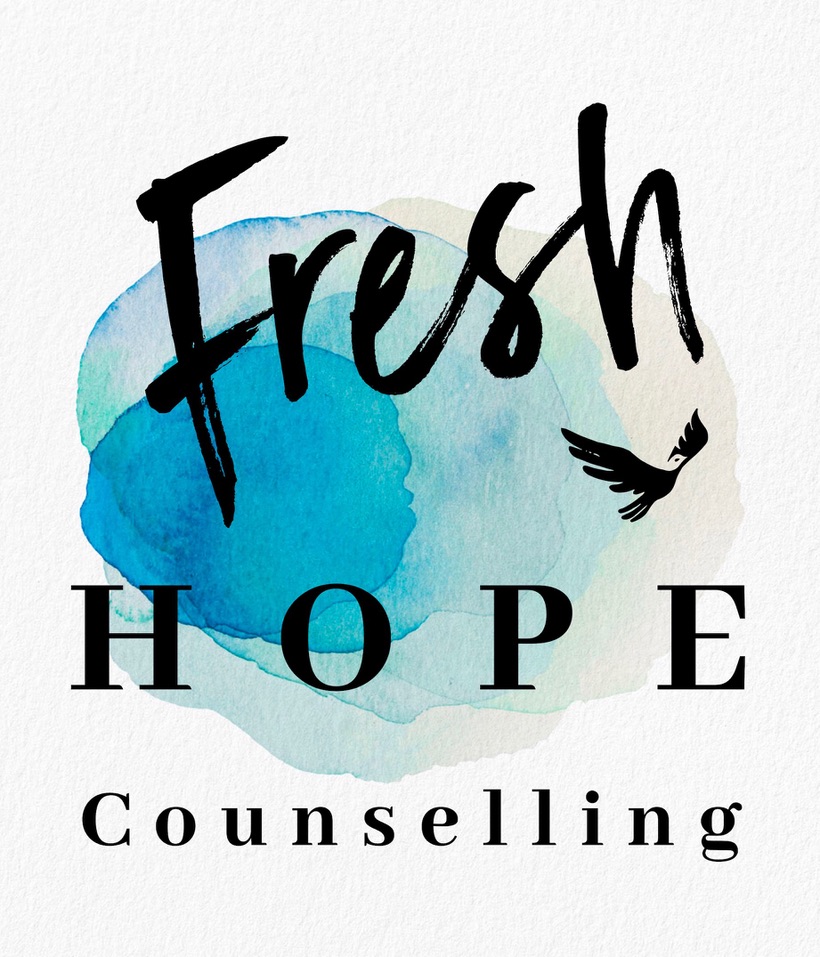Becoming more resilient is a good investment of time and energy. We often don’t stop and think about resiliency as something that we can influence or build. Have you ever heard a story about a family where one person rose above the overwhelming, negative odds to make something wonderful of their life while the others did not? What is the difference between that one sibling and the rest? I love reading biographies of people like that! What did they do differently to overcome? How were they able to deal with the negatives and not get destroyed by them? A common thread that runs through these stories is resiliency. According to the American Psychological Association, resilience is adaptation in the face of adversity, trauma, tragedy, threats or stress : family/relationship problems, health problems or workplace/money issues. In other words, the things that knock us down can be spring boards for moving forward or succeeding.
I love reading biographies of people like that! What did they do differently to overcome? How were they able to deal with the negatives and not get destroyed by them? A common thread that runs through these stories is resiliency. According to the American Psychological Association, resilience is adaptation in the face of adversity, trauma, tragedy, threats or stress : family/relationship problems, health problems or workplace/money issues. In other words, the things that knock us down can be spring boards for moving forward or succeeding.
How do I build resiliency? Here are five things to work on.
Realistic Expectations. Having unrealistic expectations is a quick surefire way to keep a constant fuel of shame and a failure message flowing into your life. Setting the bar inside of reality actually motivates us and decreases procrastination. I’m not talking about ‘lowering your expectations’ in a bad way but if we can’t realistically meet our expectations at least 80% of the time, we will depress ourselves and deter progress.  Realistic expectations give us measurable and attainable steps toward improvement. Unreality is actually the same as psychosis and you really don’t want to build your life there! If your expectations are unrealistic [if you aren’t sure, counselling can be a great way to explore and potentially re-calibrate your expectations] try resetting them one at a time. What would be realistic — do-able — sustainable? Meeting our expectations helps to build a sense of resiliency as we see successes take place and grow in our awareness of our own capabilities.
Realistic expectations give us measurable and attainable steps toward improvement. Unreality is actually the same as psychosis and you really don’t want to build your life there! If your expectations are unrealistic [if you aren’t sure, counselling can be a great way to explore and potentially re-calibrate your expectations] try resetting them one at a time. What would be realistic — do-able — sustainable? Meeting our expectations helps to build a sense of resiliency as we see successes take place and grow in our awareness of our own capabilities.
Guard Your Attitude. Having a negative outlook is a way to erode resilience. Some people think they cannot control their attitude and allow their feelings to dictate. “I just feel that way…” The great thing about our attitude is that we do have the power to shift, direct and guard it. Maintaining a positive attitude helps to build resiliency and keeps us thinking about possibilities and hopefulness. That doesn’t mean we won’t have painful or unpleasant feelings as we work through a challenge or adverse condition, but we can always choose our attitude.  Validate the feelings — they are real and they give us information about what is going on around us. Harness the feelings and don’t let them dictate what you believe or where you go. Processing the many feelings a person has while they encounter tragedy is essential to maintaining or gaining positive mental health and well being. Keep your attitude turning to the positive and you will find that the end result is a greater degree of resiliency that provides you with strength and a gritty sense of hopefulness.
Validate the feelings — they are real and they give us information about what is going on around us. Harness the feelings and don’t let them dictate what you believe or where you go. Processing the many feelings a person has while they encounter tragedy is essential to maintaining or gaining positive mental health and well being. Keep your attitude turning to the positive and you will find that the end result is a greater degree of resiliency that provides you with strength and a gritty sense of hopefulness.
Never Stop Trying. Don’t give up! Don’t do the same thing over and over again expecting different results, as you’ve probably heard from A.A., this is actually the definition of insanity! If it isn’t working, then try something different. Some of the most successful men and women of history are known for not being afraid to fail. They tend to view success as something that only happens as we figure out what also doesn’t work. As Thomas Edison, famed inventor and owner of over a thousand patents, is reputed to have said regarding the invention of the light bulb , “I have not failed, I have merely found 1000 ways that did not work.” Can you imagine if he had stopped trying after the first couple of times? We would literally still be in the dark.
As Thomas Edison, famed inventor and owner of over a thousand patents, is reputed to have said regarding the invention of the light bulb , “I have not failed, I have merely found 1000 ways that did not work.” Can you imagine if he had stopped trying after the first couple of times? We would literally still be in the dark.
Be Flexible. Being rigid leads to frustration and life is far too unpredictable. Flexibility is a choice to deal with the things we run into and re-adjust as needed. It allows us to have margin and space — to literally have the ability to flex as needed. Learn how to adapt to changes and you will learn how to be more resilient. Being able to adapt and thrive in the face of change is a life skill that goes a long way in our favour. If you are inflexible — push the edges a bit. Make yourself do something that you wouldn’t typically choose to do. If you are rigid about leaving nothing on the kitchen counter before bed, make yourself leave a glass by the sink. In the morning, reinforce that it truly was okay for you to have left the glass there. Train yourself to be flexible. It will help you to deal with the unpredictable, uncontrollable aspects of life when it goes side ways — which it always does at some point because that’s just how life is!
Build Your Social Support. You don’t need more likes on Facebook or more ‘friends.’ You need real people who know who you are and how you tick. Invest time and energy into developing a social support system in your life. This may or may not include people in your family of origin and that’s okay. Being able to make discerning and wise decisions about who gets to know you on a more intimate level is a very good life skill to possess. In fact, you may need to take a course on “Boundaries” or read about limit setting. We need people we can confide in and share struggles with. If we know that a person or group cares about us and is supportive, it enhances our ability to navigate times of crisis. It also allows us to “Pay it Forward” and potentially allow us to be a positive social support to someone else.

